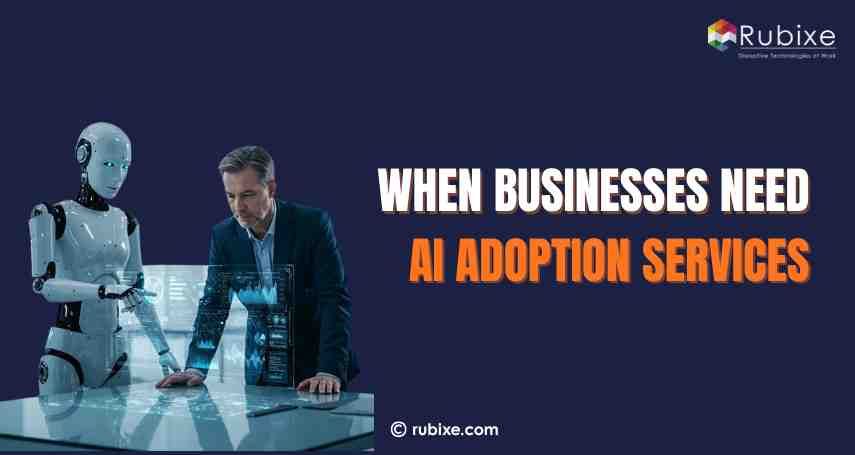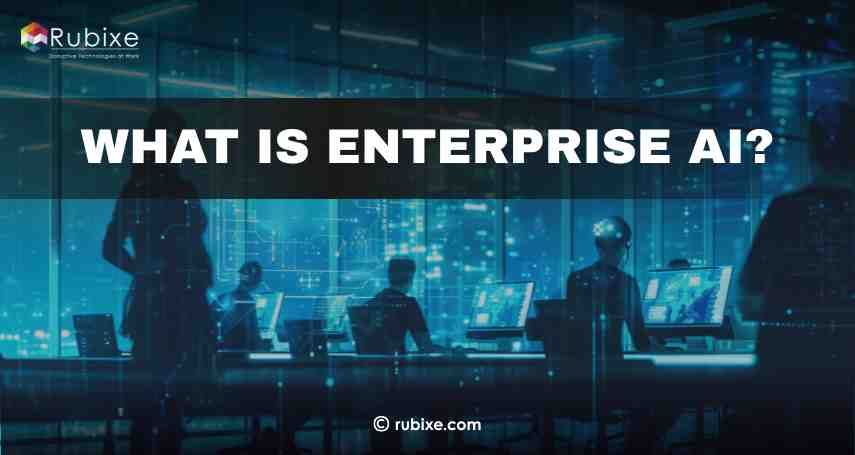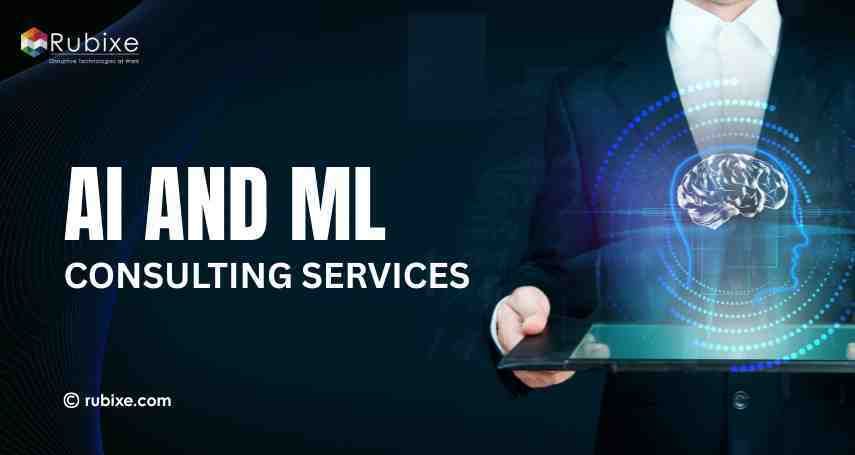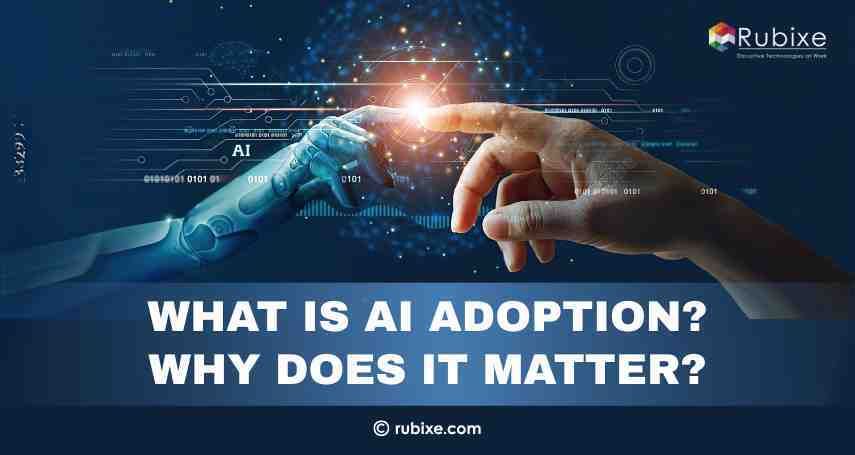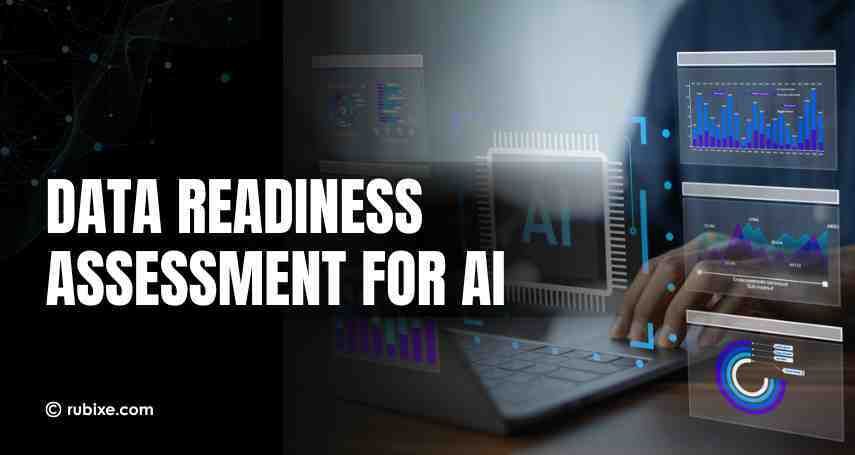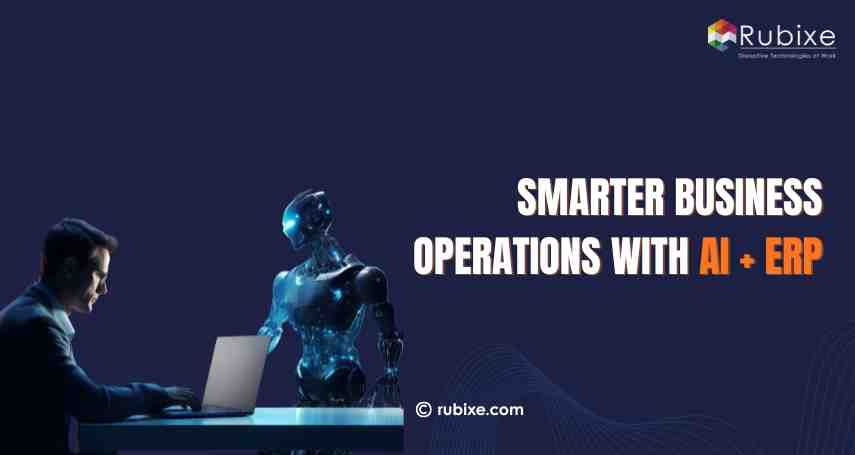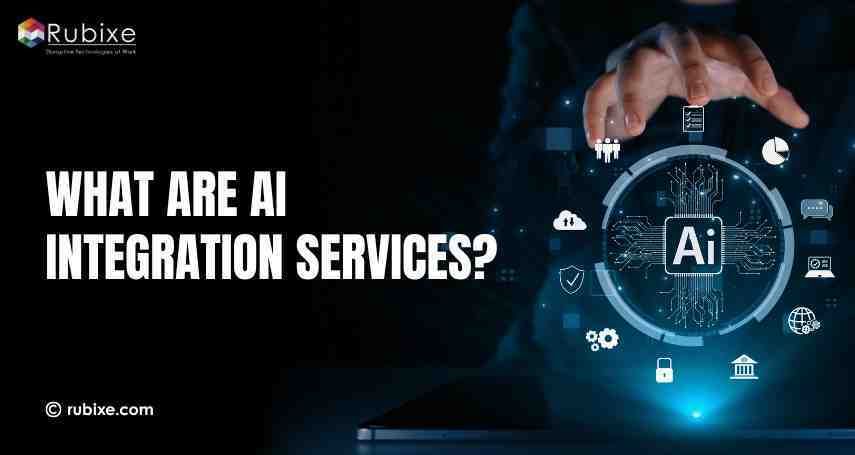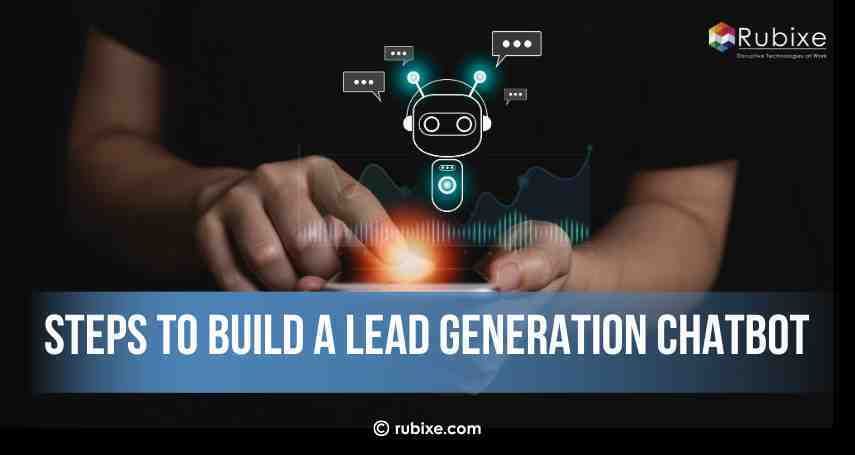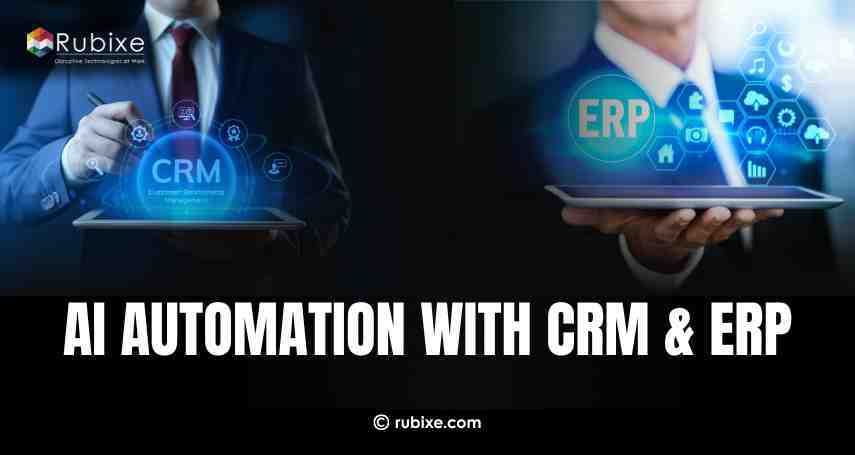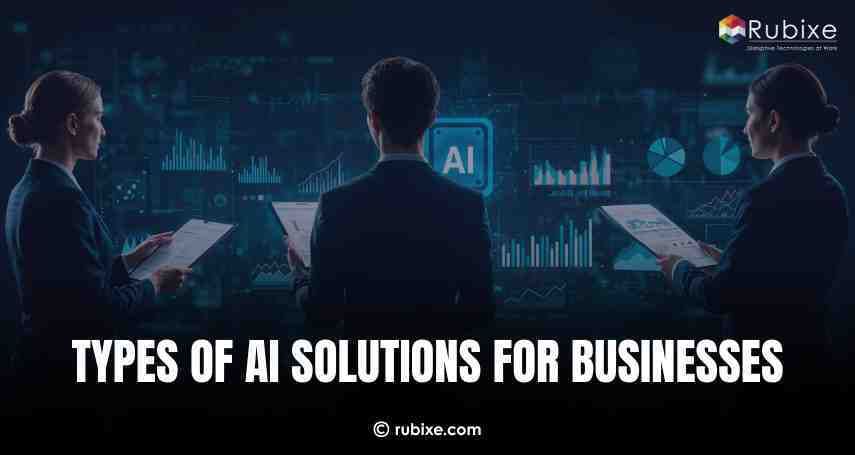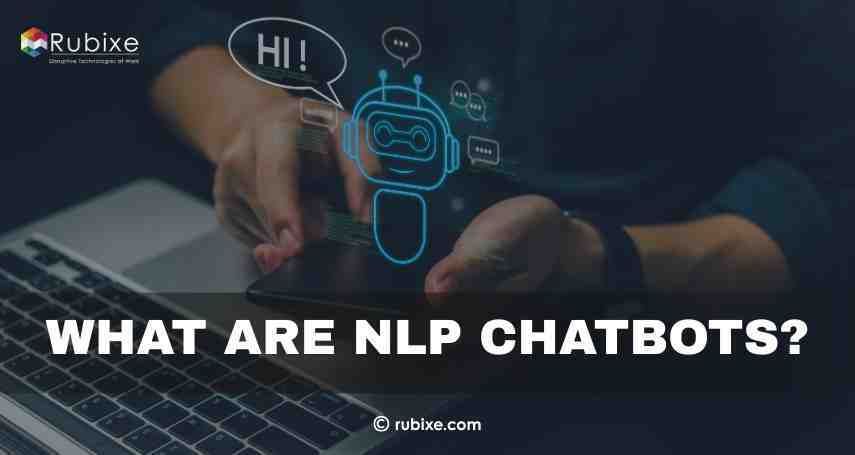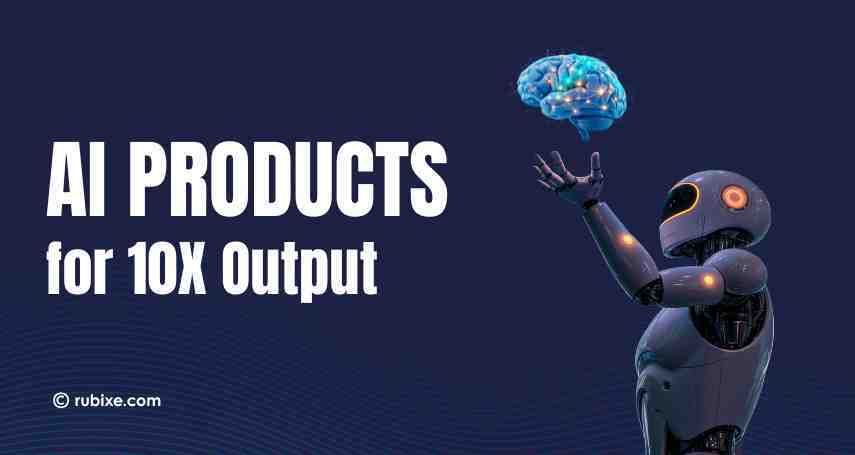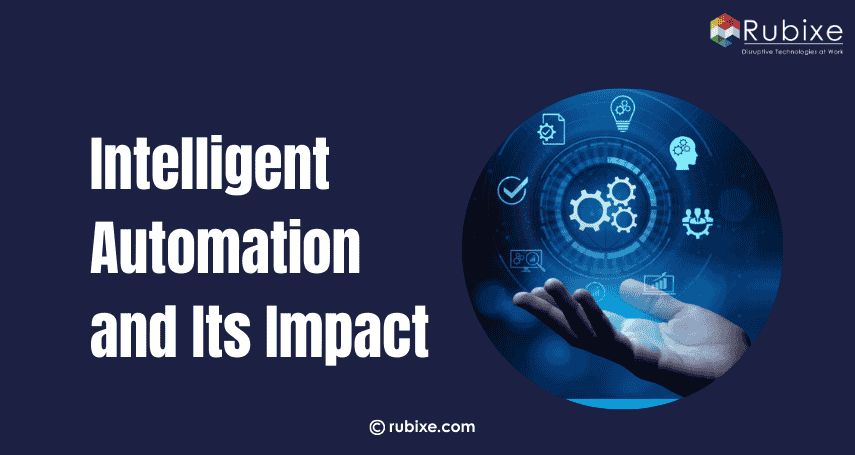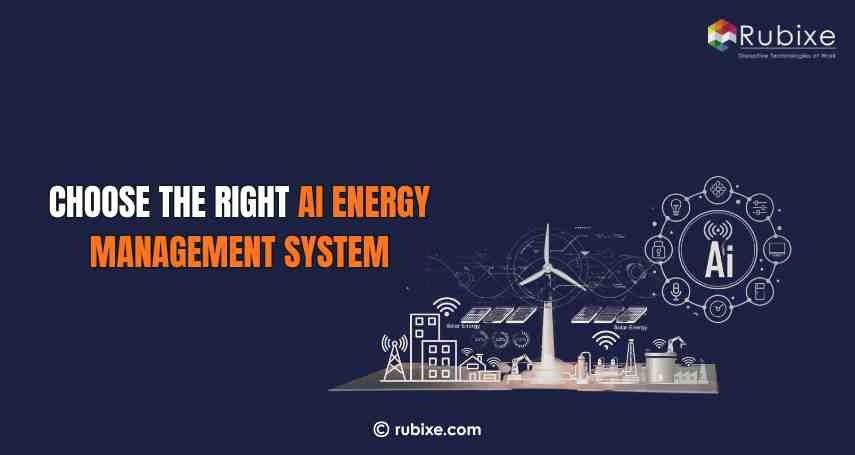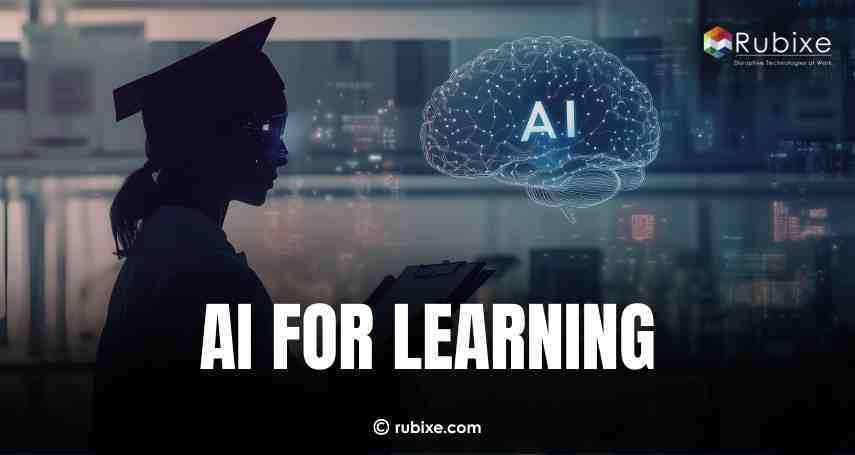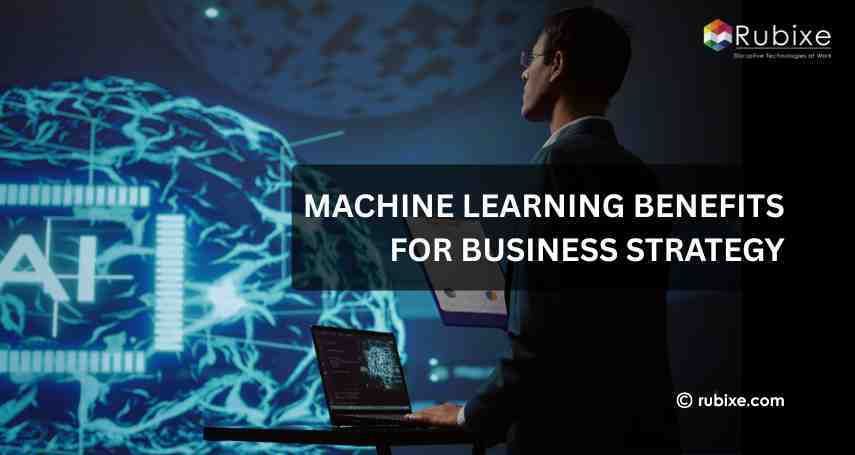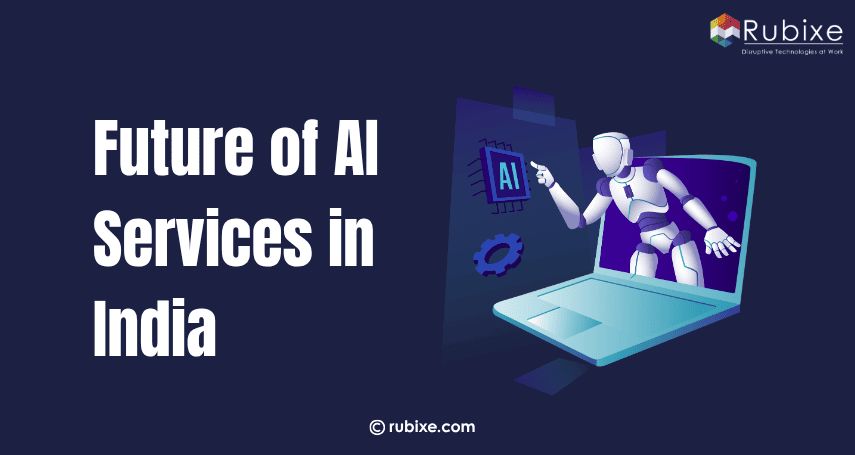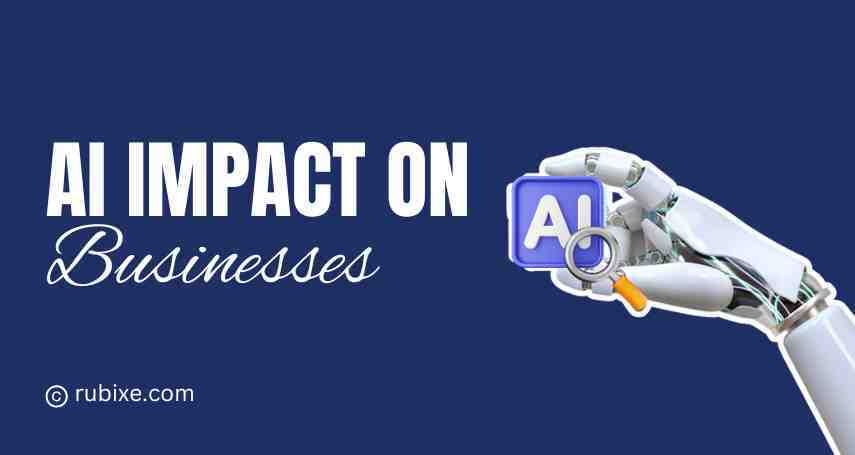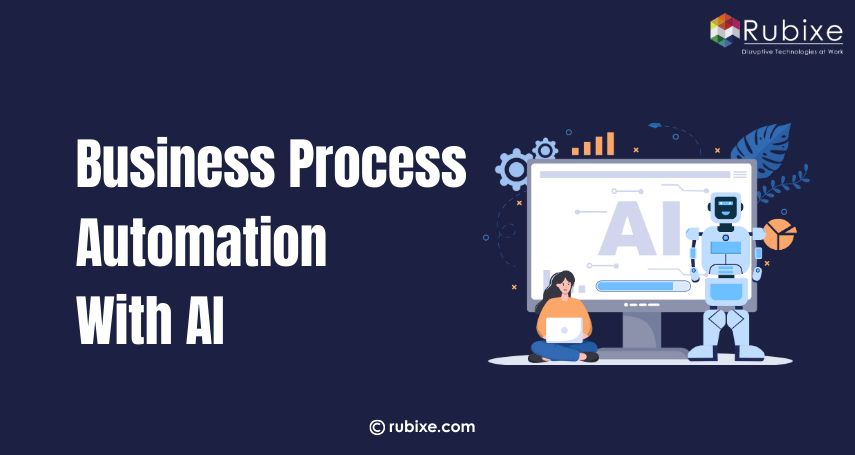How an AI Readiness Audit Prepares You for Success
An AI Readiness Audit helps assess systems align goals and build a strong foundation to implement AI efficiently and drive business success
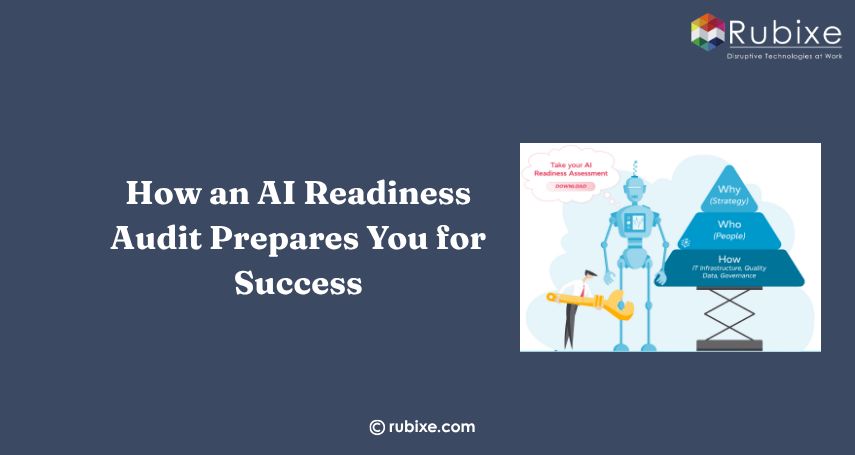
An AI Readiness Audit helps prepare your organization for a successful AI journey. It evaluates your current state in areas like strategy, people, data, and infrastructure. This ensures your business goals align with the practical steps needed to adopt AI effectively. The audit is an important first step before exploring AI consulting or investing in broader AI services, such as implementation, training, or solution development.
Conducting an AI Readiness Audit Checklist for Enterprises
An AI readiness audit helps enterprises evaluate whether their environment, strategy, and teams are equipped for AI-driven transformation. This structured checklist covers key areas to highlight strengths, uncover gaps, and prioritize improvements before major implementation begins.
Core dimensions of an enterprise AI readiness audit:
-
Strategy: A well-defined AI vision, active executive sponsorship, and alignment with overall business objectives.
-
Data: Assessment of data availability, accuracy, governance policies, and infrastructure to support AI workloads.
-
Technology: Evaluation of current tech stack, including cloud capabilities, integration with AI tools, cybersecurity readiness, and technical debt management.
-
People: Skills gap analysis, employee training programs, cultural readiness for AI adoption, and cross-functional collaboration ability.
-
Process: Review of development pipelines, experimentation and deployment frameworks, and monitoring systems for deployed models.
-
Culture: Readiness for innovation, approach to change management, commitment to ethical AI use, and overall openness to digital transformation.
How to Conduct an AI Readiness Audit
Conducting an AI audit involves a structured, cross-functional approach. It helps businesses assess their current capabilities, identify gaps, and chart a path forward for AI adoption. The process ensures all key departments are aligned and prepared for successful AI transformation.
Steps in the audit process:
-
Stakeholder interviews: Collect input from leadership, IT, operations, marketing, HR, and other relevant teams to understand strategic goals and operational challenges.
-
Current-state evaluation: Analyze current data practices, AI tools in use, team skill levels, and workflow maturity.
-
AI maturity assessment: Determine where your organization stands—Pre-Crawl, Crawl, Walk, or Run—based on AI readiness across people, processes, and technology.
-
Gap analysis: Identify what is lacking to progress to the next maturity level, such as missing infrastructure, training, or data capabilities.
-
Roadmap creation: Develop actionable plans for short-, medium-, and long-term goals to guide your AI journey effectively.
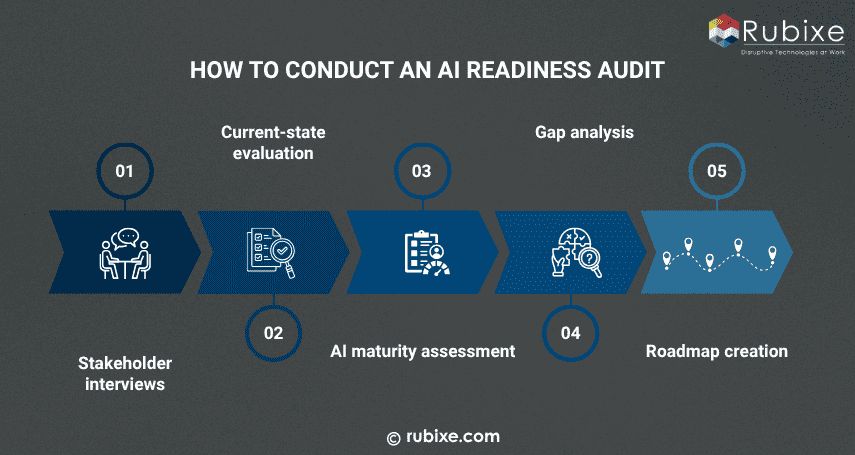
This audit forms the foundation for strategic AI deployment and ensures that investments are aligned with business readiness.
Using a Proven AI Maturity Model for Digital Transformation
Applying an AI maturity model helps organizations understand where they stand in their AI journey and what steps to take next. It offers a structured framework to evaluate readiness, align efforts, and drive digital transformation strategically.
Maturity levels:
-
Pre-Crawl: AI is barely used. Operations are mostly manual, and there is little to no awareness or infrastructure for AI initiatives.
-
Crawl: Early stages of AI adoption. Companies may use basic tools like chatbots or simple data analytics, but efforts are isolated and not scaled.
-
Walk: AI is more structured. Predictive models, automation, and AI-powered insights are embedded in select functions across departments.
-
Run: AI is fully integrated across business operations. Workflows are data-driven, automated, and continuously optimized through advanced AI systems.
Tools to Assess AI Readiness
To effectively prepare for AI implementation, businesses need to evaluate their current capabilities. Specialized AI readiness tools help assess critical areas such as data quality, technology infrastructure, team skills, and governance practices. These tools offer a structured, objective view to guide transformation planning.
Common AI readiness assessment tools include:
-
Surveys and culture audits: Measure employee awareness, openness to AI, and overall organizational mindset toward innovation.
-
Data maturity assessments: Evaluate the state of your data—quality, accessibility, governance, and how well it's integrated across systems.
-
Technology audits: Review your IT infrastructure, software platforms, and system integration to determine AI deployment readiness.
-
Skills mapping tools: Analyze existing capabilities across teams, highlighting gaps in AI, data science, and business knowledge.
-
Governance checklists: Ensure your organization is prepared for responsible AI use, including data privacy, ethical considerations, and compliance.
Organizational Readiness for AI Adoption
Evaluating organizational readiness ensures teams, leadership, and culture are prepared for AI transformation.
Key readiness indicators:
-
Executive sponsorship: Leaders visibly support and resource AI initiatives
-
Cross‑team coordination: Data science, tech, business, and operations collaborate effectively
-
Training programs: Employees are trained in AI concepts, tools, and change management
-
Change framework: Communication, adoption planning, and feedback mechanisms in place
-
Ethical awareness: Teams understand bias, transparency, and governance needs
AI Integration Readiness for SMEs
SMEs face unique constraints but can still prepare effectively through tailored audit practices and AI consulting guidance.
SME-specific focus areas:
-
Lean infrastructure needs: Assess minimal viable systems that support AI use cases
-
Budget-friendly tools: Choose scalable, cost-efficient AI platforms
-
Pilot-first strategy: Focus on high-impact, low-cost proof-of-concepts
-
Flexible staffing: Use fractional talent or AI staffing services for temporary roles
-
Focused integration: Prioritize automating key workflows—for example, customer support or internal analytics.
Preparing Your Business for AI Transformation
Post-audit, a clear action plan bridges current gaps and positions your business for real change.
Preparation steps include:
-
Create an AI readiness roadmap: Phased actions for strategy, tools, data, and people
-
Set success metrics: Define KPIs for adoption, automation, and impact tracking
-
Secure resource commitment: Budget, leadership time, and tech investments aligned
-
Launch quick wins: Pilot projects in customer service, forecasting, or process automation
-
Continuous review: Reassess quarterly to track progress and adjust the roadmap.
Evaluating AI Readiness in the Workplace Over Time
AI readiness is not a one-off assessment—it’s an evolving journey that must adapt as your business scales its AI capabilities. Ongoing evaluation ensures alignment between strategy, operations, and outcomes, helping organizations stay agile and competitive.
Ongoing evaluation practices include:
-
Periodic surveys: Regularly assess employee familiarity, comfort, and usage of AI tools across departments.
-
Audit recurring processes: Re-evaluate core processes such as data quality, integration, and governance to keep pace with changing requirements.
-
Monitor outcomes: Track the performance of AI services and compare them against expected KPIs to measure effectiveness.
-
Iterate strategy: Use learnings to refine your AI roadmap and move forward in your maturity model based on actual adoption.
-
Governance reviews: Conduct periodic reviews to ensure ethical standards and compliance measures remain up-to-date.
An AI readiness audit lays the foundation for successful AI adoption. Examining strategy, data, technology, people, and processes helps organizations move from ambition to execution. Partnering with expert AI consulting and accessing comprehensive AI services, you can confidently assess your readiness and chart a roadmap that delivers real, lasting business value.
